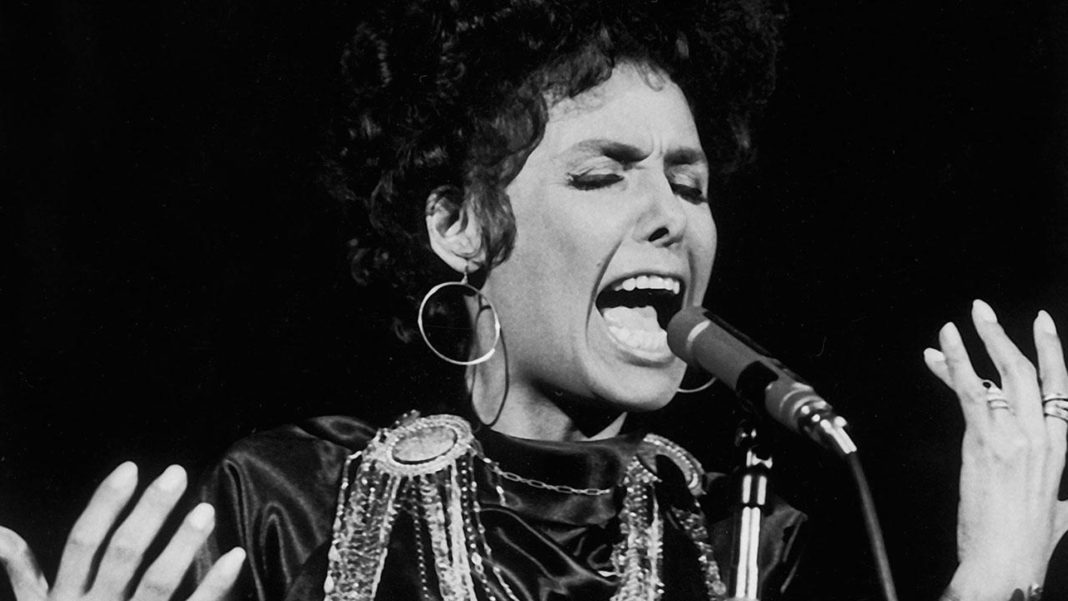HELLO AMERICA!—During the early days, roughing it in Hollywood, I, like many actors, rushed early to purchase the trades. The Hollywood Reporter and Variety were industry publications, ones which actors referred to when searching information about new films, auditions or anything concerning the entertainment industry itself.
In other words, these were the bible for millions of dreamers hoping to survive in a very competitive business. There were times I would read where an actor I knew had been signed for one role or another. Many of them had family in the studio system which meant they had first dibs on the casting. I felt that I had to do something as well. For me, like so many others, it was desperate times.
Many times, when one feels shut out from something, one has a passion for, there is an urge to justify doing anything to remain in the game. For me, it was music. However, I quickly realized that without powerful connections, music was just as tough to break into as acting. When I discussed the situation with my friend, actor-dancer Dan Dailey, he said, “You gotta’ put that ol’ imagination to work, kid. Anything goes…if it works.” With these words ringing in my head, I was listening to the radio when the DJ put on a Lena Horne record. Suddenly, I had an idea. I knew what I had to do. It was a bit chancy, even scary, but I had a feeling it might work.
Hollywood has traditionally been partial to the offspring of stars or celebrities. These youngsters, generally, get the open-door treatment. If they reveal the slightest iota of talent, they are given an opportunity to be a part of the industry, whether as an entertainer or in the production area. This is when I made the decision to pose as the son of the legendary singing star, Lena Horne.
I quickly planned my strategy and called Peter Potter, a well-known radio DJ and TV host who also had a nightclub in the San Fernando Valley. When mentioning that I was Lena Horne’s son, I was quickly auditioned and given a date to open at the club. Even though I was delighted with the outcome, there was a feeling of anger because if I had simply announced myself as St. John, I might not have been allowed in the front door at that time during the 1950s.
The audience was very responsive to my calypso and folk music performance. It was a testing ground to see if I could deal with the pressure of it all. Peter Potter was very pleased and let me know that I had done a good job, the audience liked me and hoped that my appearance there would help build the career I seemed to want so much.
Achieving some success at the Potter club made me more confident with the masquerade as the son of Ms. Horne. In truth, I was reluctant not to stick with the story for fear of possible rejection. Performing in a Valley club was one thing, but getting a gig in a club on the Sunset Strip was more of a challenge. I finally decided on the Purple Onion: it was a hip place, favored by celebrities and known for its diversity of entertainment. I called Keith Maxwell, the manager with the same story and he listened to me and set a date for an opening.
The Les McCann group was the House Band. Since Les and I knew each other, and he also knew who I really was he didn’t reveal the truth. He simply let me know that he understood how much it meant for me to perform and move ahead. The Purple Onion shows turned out to be big dividends for me; the reviews were in my favor, and I received offers to appear in other shows as well. However, I eventually admitted what I felt I had to do in order to get the breaks I hungered for in the industry. People seemed to understand, and my career took on a different flight of excitement and fulfillment.






